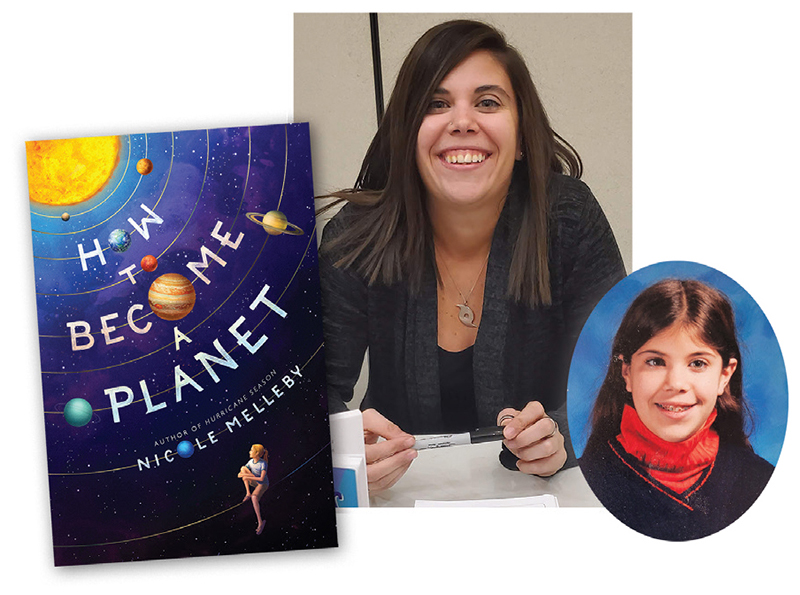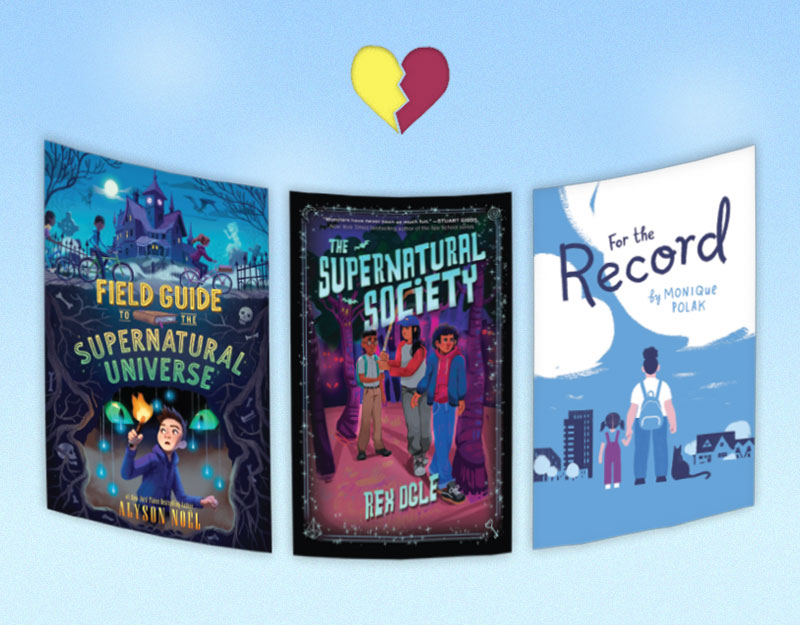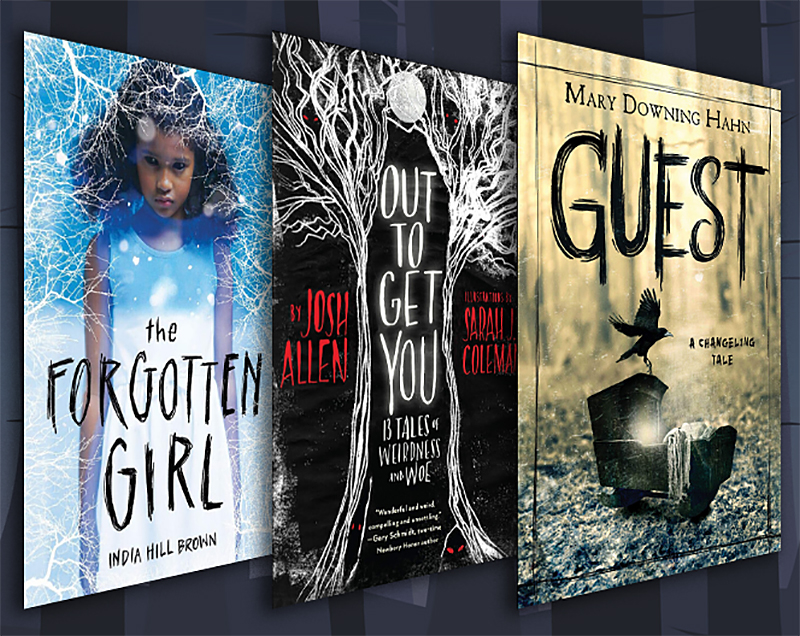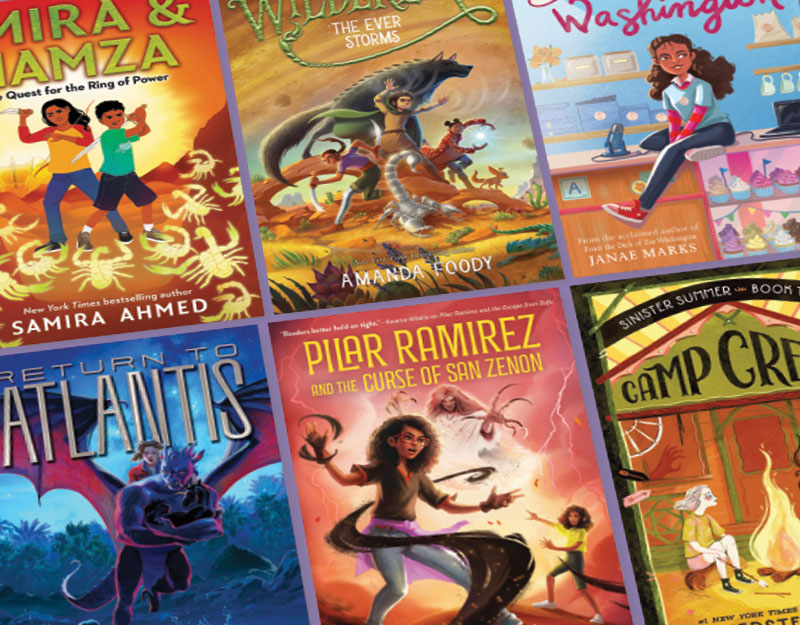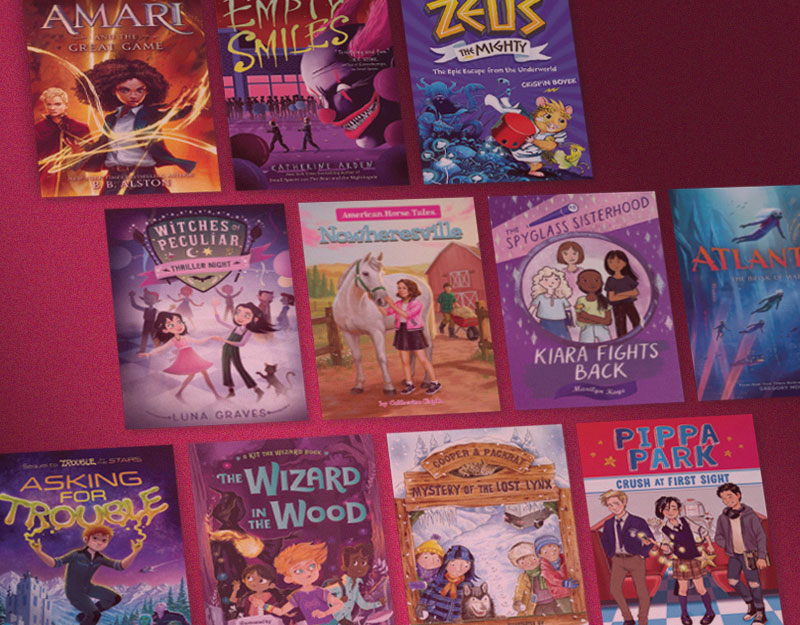This Christmas, I’d Like to Read a Hanukkah Romance, Please, a guest post by Hannah Reynolds
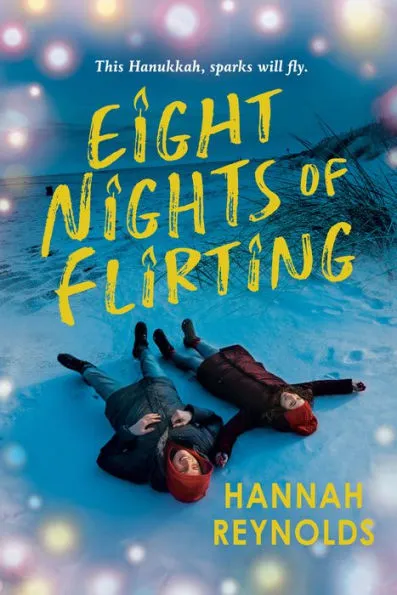
Growing up, I loved Christmas. I loved selecting the perfect evergreen; I loved wrapping it with lights and hanging ornaments in the perfect arrangement. I loved green velvet dresses and peppermint bark and colorful wreathes. I’m from New England, and people go all in on Christmas here.
I loved Hanukkah, too, but it was a quieter holiday. As holidays go, it’s not the most important, though it’s perhaps the best known if you’re not Jewish, due to its proximity to Christmas. It doesn’t really correspond to Christmas, though. You’re so lucky, you get eight nights of presents! my classmates used to say, but we didn’t get many presents on Hanukkah – maybe a book the first night, and also socks. It was more about watching the candles burn and spending time with family and grating my knuckles by accident when we made latkes.
ADVERTISEMENT
ADVERTISEMENT
I was an interfaith kid, which to me means I’m Jewish, but I grew up celebrating Christmas and Easter. It was easy to feel the holiday spirit for the latter two, since they were part of mainstream culture. We sang Christmas carols at school concerts, stores put out Christmas and Easter displays, and cafes often had seasonal cookies and drinks. My Jewish holidays were more private and personal, and I didn’t see them anywhere outside my house or temple. I certainly never saw them in books.
As a kid, I had three books with Jewish heroines. Two were about the Holocaust, and one about the Spanish Inquisition. I loved these books, but not because of their plots – in spite of them. I was so desperate to read about Jewish girls that I’d read books about genocide, even though I really wanted happily-ever-afters. I wanted books about normal Jewish girls coming of age and falling in love and dealing with school, but when I was in middle and high school, those rarely existed.
This taught me, unfortunately, that people weren’t interested in happy Jewish stories, only tales of suffering and trauma. Anything happy was deeply private, not for public consumption. I learned this in my early twenties, too, when I traveled through Europe with friends. We toured great cathedrals and my friends insisted on visiting concentration camps, but they didn’t have any interest in viewing beautiful synagogues. They’d wave me in alone and wait outside. My friends, I believe, were trying to be respectful. But it felt isolating and othering.
It’s so important to celebrate light along with acknowledging darkness. Happy, uplifting stories are an anchor in a storm, a friend when you need one, a light when it’s dark. Even in the good times, they bring laughter and joy into a reader’s life. And seeing your identity represented can make you feel like your identity matters.
When you only see people with your identity being hunted down in stories, it’s dehumanizing.
I’m relieved that in the years since I was a teen, many young adult novels have been published with Jewish protagonists. I’ve learned people do care about happy Jewish stories; I’ve unlearned writing non-Jewish protagonists automatically. Still, few books exist about any Jewish holidays. This depresses me. I don’t want any modern teen to feel the way I felt, that their stories aren’t worth telling, their holidays not worth celebrating. I don’t want them to learn that they should keep a part of themselves tucked deep down.
For a long time, I thought maybe I’d write a Christmas romance. I read plenty, starting with the American Girl doll books, where each girl had a special Christmas tale. I read historical romances and contemporaries set at Christmastime. I loved these stories, loved how festive they were, with snowy details and descriptions of delicious hot cocoas. But I felt a little sad, too, because I wanted to read about the traditions of my mother’s family.
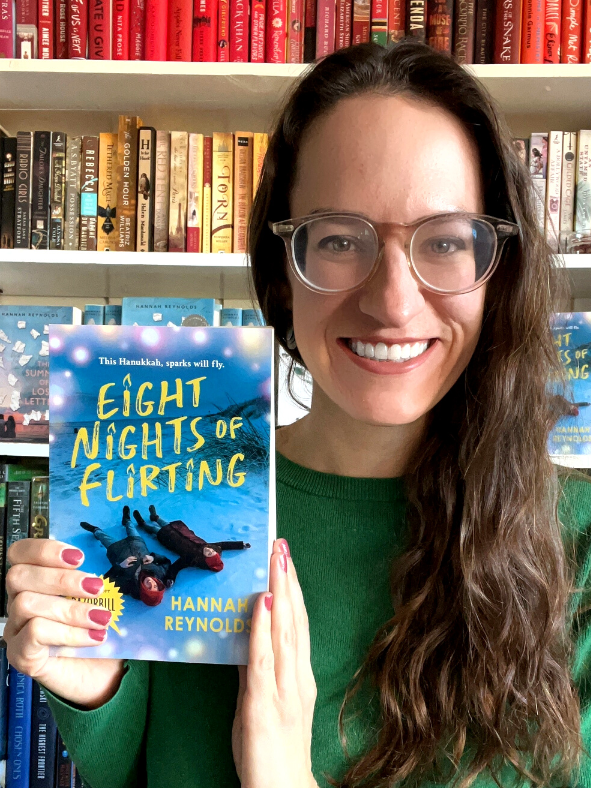
So I decided to write a Hanukkah romance. I infused Eight Nights of Flirting with all the joy and love I have of the winter holidays. I put in snowball fights and glistening icicles; the scent of melting candles and the delight of a big family packed into one space; the stories attached to the holidays. I want Jewish kids to read the book and see their traditions, their jokes and their references, their food and their songs. I want them to feel recognized, and like they matter.
And I want non-Jewish kids to read Eight Nights of Flirting, too.I don’t want there to be a separation of who consumes the happy, uplifting stories of marginalized people. Reading increases empathy, and I think the future depends on people having more empathy and acting with more kindness towards people not like them. I think that starts with understanding, and reading is a great way to begin.
When my dad read my book (yes, my dad read my Hanukkah romcom about flirting) he said it stood out to him how comfortable the protagonist was at moving between both cultures — between Hanukkah celebrations and Christmas Eve parties, between Ma’oz Tzur and God Rest Ye Merry Gentleman, between gingerbread houses and sufganiyot. That’s because I’m comfortable with both, having been raised with one foot in each. I hope that more books about more Hanukkah — and about all the holidays we see far too few books about — will help people become more comfortable with other cultures. I hope that by reading these books, teens will be exposed to stories and people they might not otherwise be.
And I hope these books bring light and friendship to the readers who need it most.
Meet the author
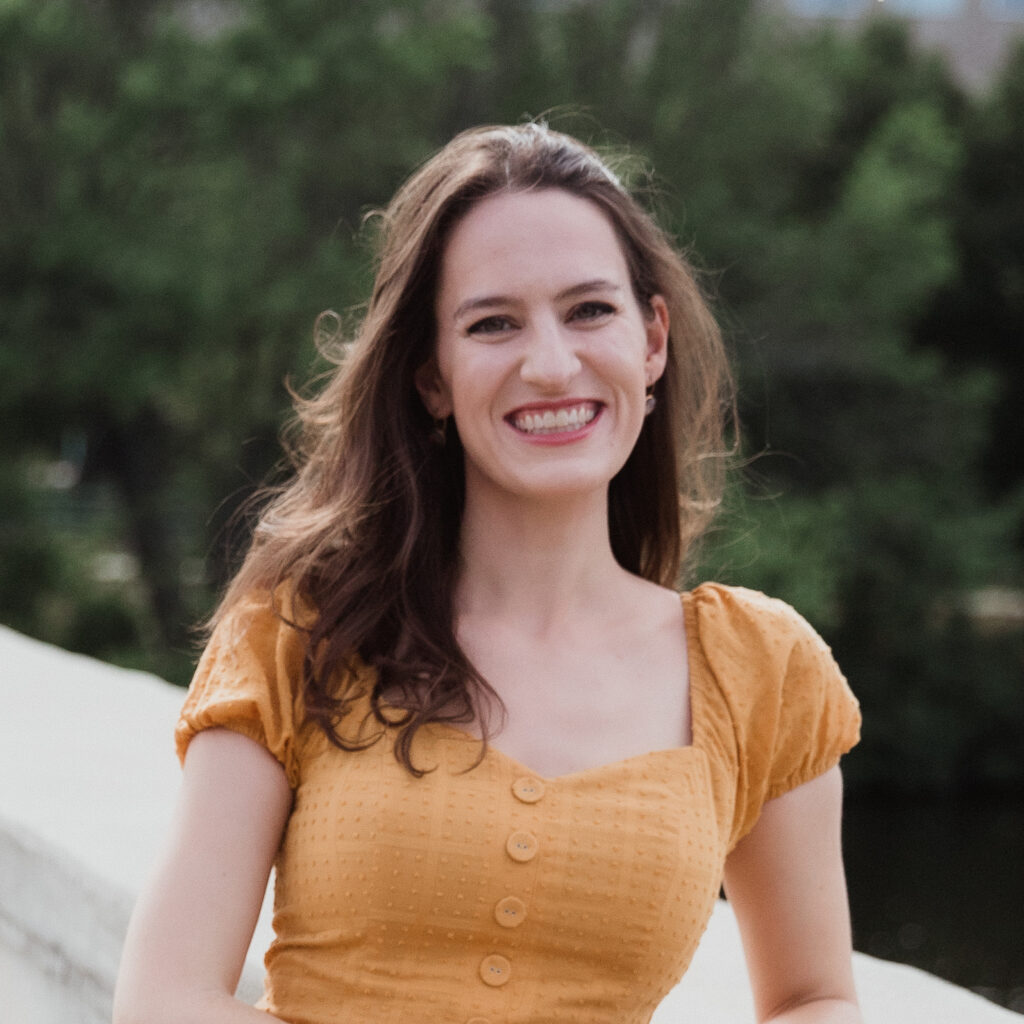
Hannah Reynolds grew up outside of Boston, where she spent most of her childhood and teenage years recommending books to friends, working at a bookstore, and making chocolate desserts. She received her BA in Creative Writing and Archaeology from Ithaca College, which meant she never needed to stop telling romantic stories or playing in the dirt. After living in San Francisco, New York, and Paris, she came back to Massachusetts and now lives in Cambridge.
Links:
https://www.hannahreynolds.net/
Twitter: Hannah Reynolds aka Allison Parr @Allison_Parr
https://www.instagram.com/hannahelisawren/
About Eight Nights of Flirting
A sixteen-year-old girl is on a mission to find the perfect boyfriend this Hanukkah, but love might not go according to plan, in this charming winter romcom from the author of The Summer of Lost Letters.
ADVERTISEMENT
ADVERTISEMENT
Shira Barbanel has a plan: this Hanukkah, she’s going to get a boyfriend. And she has the perfect candidate in mind—her great-uncle’s assistant, Isaac. He’s reliable, brilliant, and of course, super hot. The only problem? Shira’s an absolute disaster when it comes to flirting.
Enter Tyler Nelson, Shira’s nemesis-slash-former-crush. As much as she hates to admit it, Tyler is the most charming and popular guy she knows. Which means he’s the perfect person to teach her how to win Isaac over.
When Shira and Tyler get snowed in together at Golden Doors, they strike a deal—flirting lessons for Shira in exchange for career connections for Tyler. But as Shira starts to see the sweet, funny boy beneath Tyler’s playboy exterior, she realizes she actually likes hanging out with him. And that wasn’t part of the plan.
Amidst a whirl of snowy adventures, hot chocolate, and candlelight, Shira must learn to trust her heart to discover if the romance she planned is really the one that will make her happiest.
ISBN-13: 9780593349755
Publisher: Penguin Young Readers Group
Publication date: 10/25/2022
Age Range: 12 – 17 Years
Filed under: Guest Post
About Amanda MacGregor
Amanda MacGregor works in an elementary library, loves dogs, and can be found on Twitter @CiteSomething.
ADVERTISEMENT
ADVERTISEMENT
SLJ Blog Network
One Star Review, Guess Who? (#202)
This Q&A is Going Exactly As Planned: A Talk with Tao Nyeu About Her Latest Book
More Geronimo Stilton Graphic Novels Coming from Papercutz | News
Parsing Religion in Public Schools
ADVERTISEMENT



